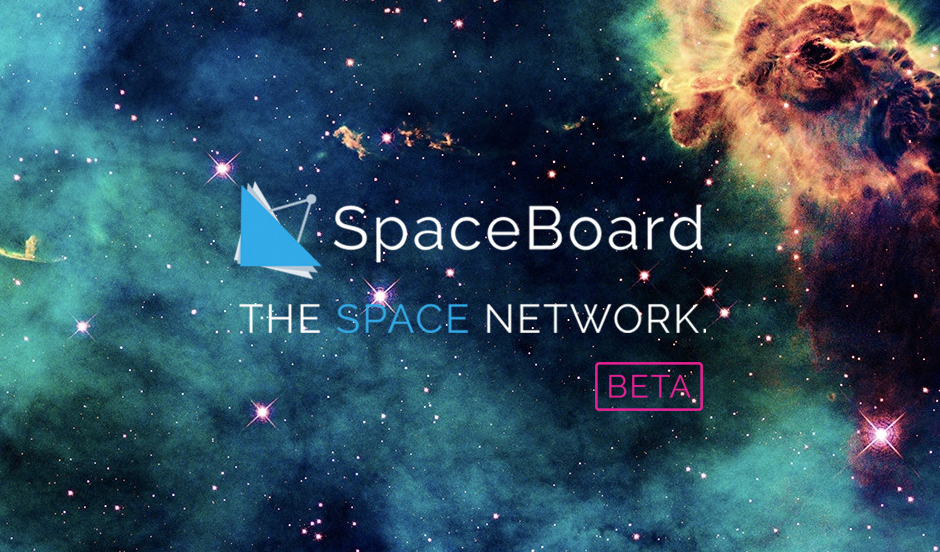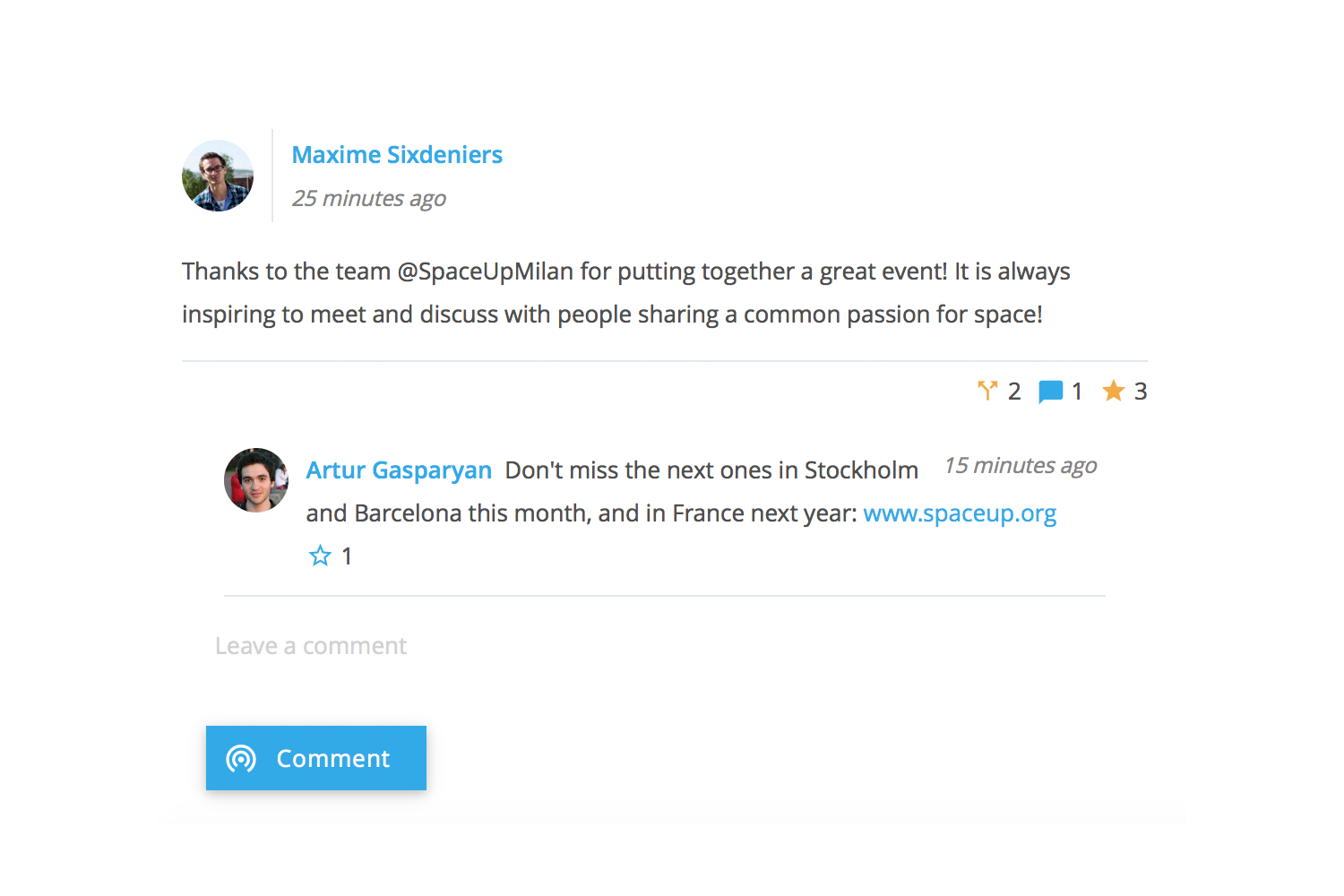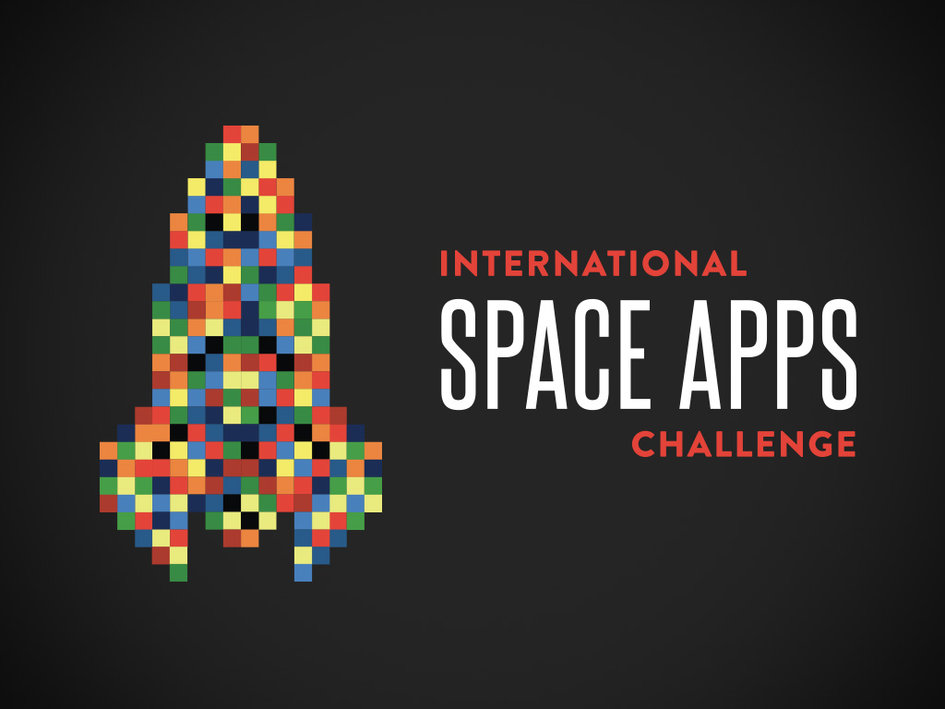
SpaceBoard is pleased to announce the launch of its new closed Beta campaign starting in May 2016, in which a small initial group of users will be invited to test the functionalities already available on the platform. In the coming months, as we add more and more features to the platform, we will invite an increasing number of users to join our beta campaign.
If you are interested in being a beta tester, and would like to get first-hand access to the platform’s features, please pre-register on SpaceBoard’s new front page by ticking the appropriate box. Pre-registration will enable you to stay up-to-date with the progress of the beta campaign and be informed of the official public release.
This latest beta round is a significant step in SpaceBoard’s efforts to bring the space industry an attractive, interactive and user-friendly platform for easy, noiseless professional interactions.
Learn more about SpaceBoard here.
For more information, please contact us.








